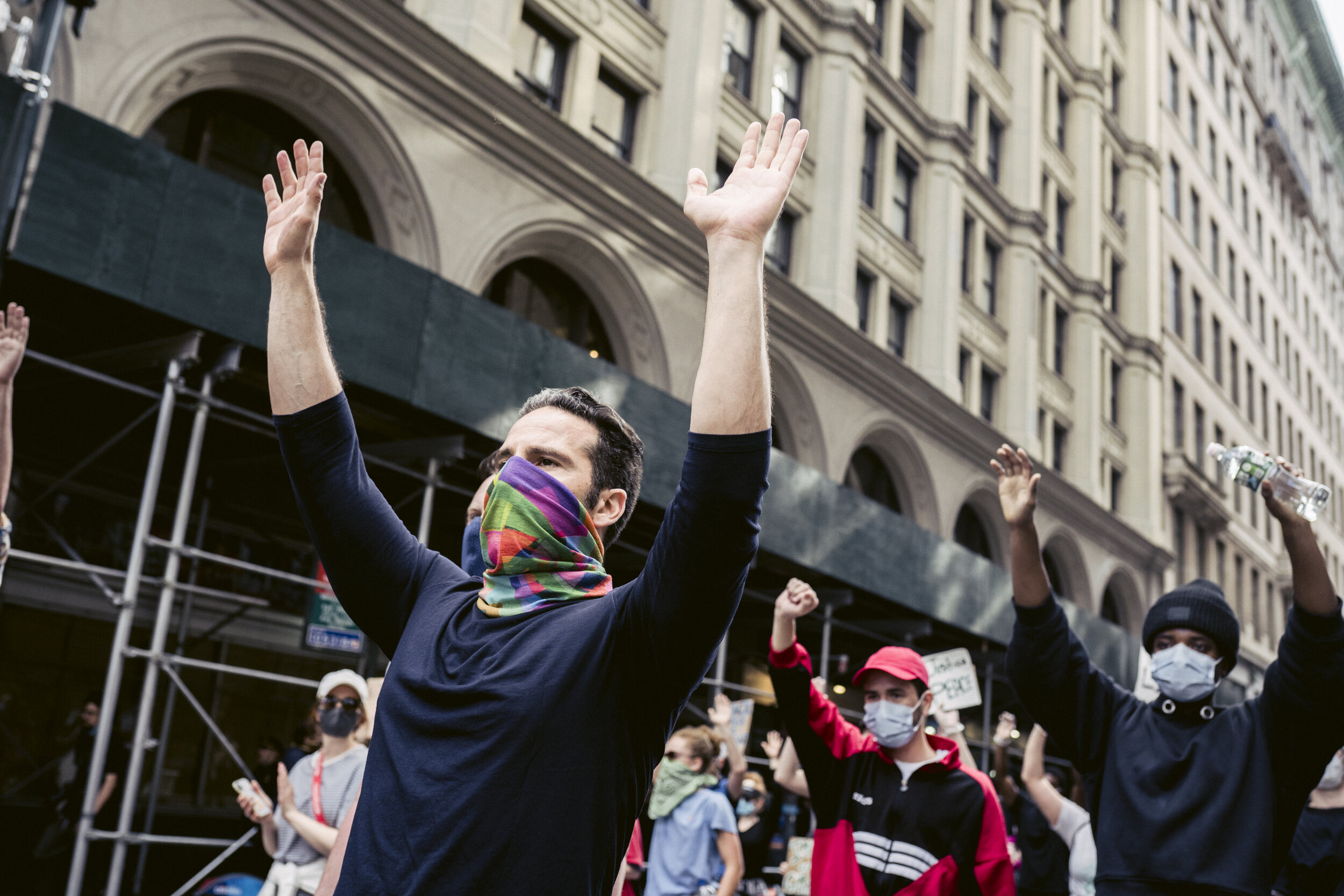Allyship and Social Injustice
Allyship involves the understanding that many societal norms that were once taught/perceived as acceptable, the mistreatment of marginalized groups, should be more be accurately viewed as parasitical relationships.
In a way, allyship is a higher form of empathy which requires the advocate, in some cases, to courageously put their standard of living and relationships with others on the line, for the sake of vocalizing and denouncing societal practices deemed acceptable by groups of people who benefited the most from such practices.
Allyship can allow subjects frequently discussed by people of color (POC) to regain attention through the advocacy of someone who looks like and is a part of a significant demographic that is influential. Allyship increases the number of people voicing opposition to societal practices that cause inequalities throughout the lives of POC such as food deserts, high mortality rates from childbirth, the school-to-prison pipeline, poor housing appraisal experiences, and police brutality.
In some situations, allyship can legitimatize the struggles of POC by placing these issues in mainstream society's consciousness. Suddenly there's a need to examine business practices and professional norms to determine if unconscious bias led to differing interactions solely based on stereotypes or prejudices derived from cultural, race, or socioeconomic status.
Allyship is successful when an advocate learns about injustices within society, becomes accurately educated on the issue(s), and uses the opportunities they have (based on societal privileges) to bring more focus on the concerns held by groups of people who've endured generations of mistreatment.
Nia J.
Content Writer for EDG
@njrrtt


